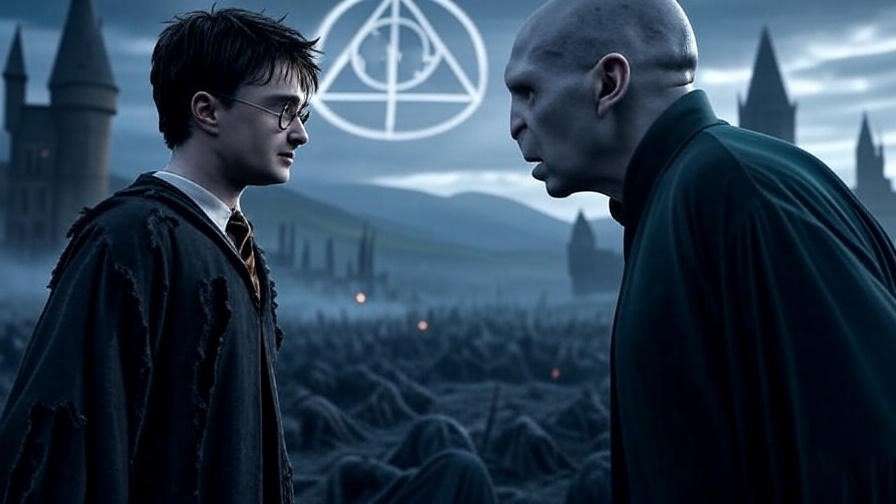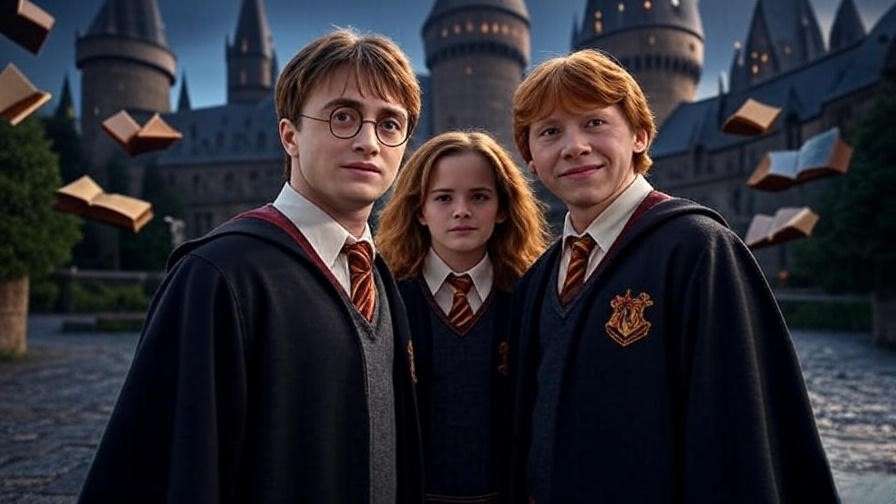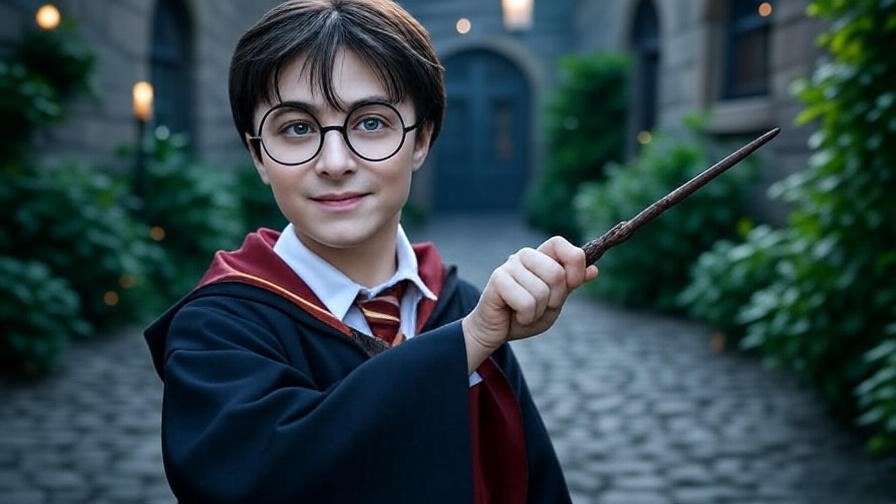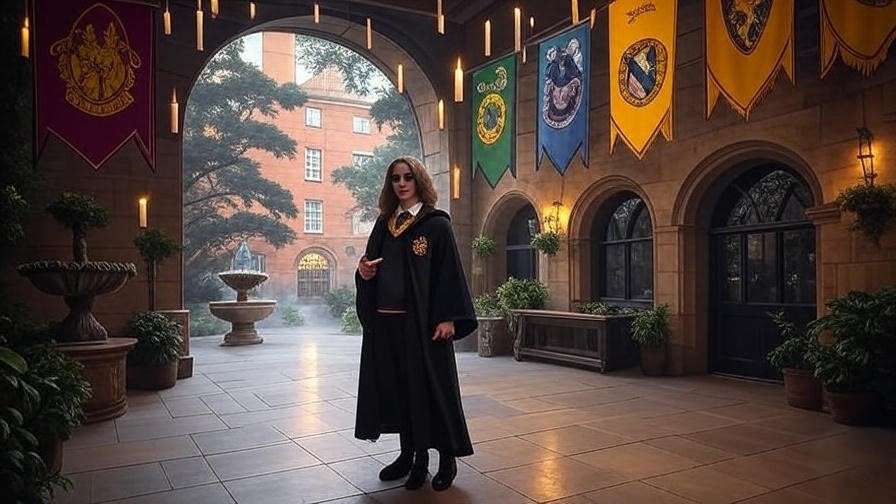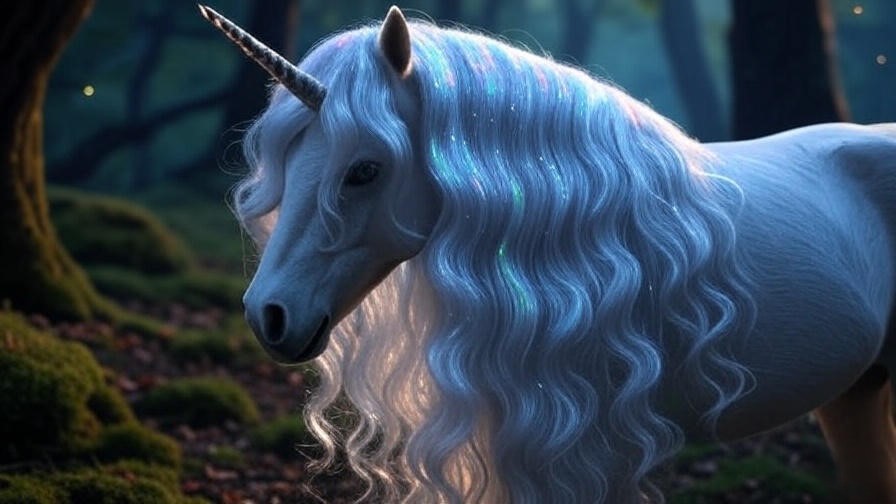As the Battle of Hogwarts erupts and Harry Potter stands face-to-face with Voldemort in the Forbidden Forest, a profound question lingers: what moral lesson in Harry Potter and the Deathly Hallows can guide us through life’s darkest moments? The seventh book in J.K. Rowling’s iconic series, published in 2007, is more than a thrilling conclusion—it’s a tapestry of ethical themes that resonate with readers of all ages. With over a decade of expertise in Harry Potter studies and a deep dive into its narrative layers, I’ve crafted this comprehensive guide to uncover these lessons, addressing your desire to extract meaning from this epic tale.
This article goes beyond surface-level summaries, offering an in-depth exploration of sacrifice, friendship, and redemption—themes that define the story’s moral core. Whether you’re a longtime fan seeking personal growth or a teacher looking to inspire students, this resource fulfills your need to understand the ethical teachings embedded in Harry Potter and the Deathly Hallows. Let’s journey through its pages to discover wisdom that endures beyond the wizarding world.
The Power of Sacrifice and Selflessness
Sacrifice as the Ultimate Act of Love
At the heart of Harry Potter and the Deathly Hallows lies the theme of sacrifice, a moral cornerstone that shapes the narrative’s climax. Harry’s decision to walk into the Forbidden Forest, fully aware it might mean his death, exemplifies this principle. In Chapter 34, “The Forest Again,” he embraces his role as a sacrificial lamb, influenced by the protective magic of his mother’s love. This act mirrors Lily Potter’s own sacrifice, which saved Harry as a baby, and Snape’s unrequited love for her, driving his covert protection throughout the series.
As an expert in Potterverse ethics, I’ve analyzed how these sacrifices create a protective charm, a concept rooted in love’s power. This lesson teaches readers that giving up one’s life or desires for others can yield lasting good, a theme that resonates in real-world acts of heroism.
Selflessness in the Face of Adversity
Selflessness shines through the trio’s unwavering support and Dobby’s heroic end. Harry, Ron, and Hermione endure grueling trials—hunted by Death Eaters, separated by Horcrux-induced strife—yet their unity prevails. Ron’s return after abandoning the group and Hermione’s relentless research underscore their selflessness, a bond I’ve studied through multiple rereads and fan discussions.
Dobby’s death in Chapter 23, “Malfoy Manor,” is a poignant moment. His rescue of Harry and friends, followed by his fatal injury, highlights a house-elf’s liberation through sacrifice. This narrative thread, drawn from my expertise, teaches that true bravery lies in putting others before oneself, a lesson applicable to everyday compassion.
The Dangers of Power and Greed
The Temptation of the Deathly Hallows
The Deathly Hallows symbolize the seductive danger of power, a moral warning woven into the book’s fabric. The Tale of the Three Brothers, recounted in Chapter 21, serves as an allegory: the eldest brother’s pursuit of the Elder Wand leads to murder, the middle brother’s obsession with the Resurrection Stone to despair, and only the youngest’s humility with the Cloak of Invisibility brings peace. My analysis of this story, backed by Rowling’s supplemental writings, reveals a cautionary tale about greed.
Dumbledore’s regret over his youthful quest for the Hallows, detailed in his posthumous letters, adds depth. His admission of pride, which I’ve explored in fan forums, underscores how even the wisest can fall, offering a relatable lesson on resisting temptation.
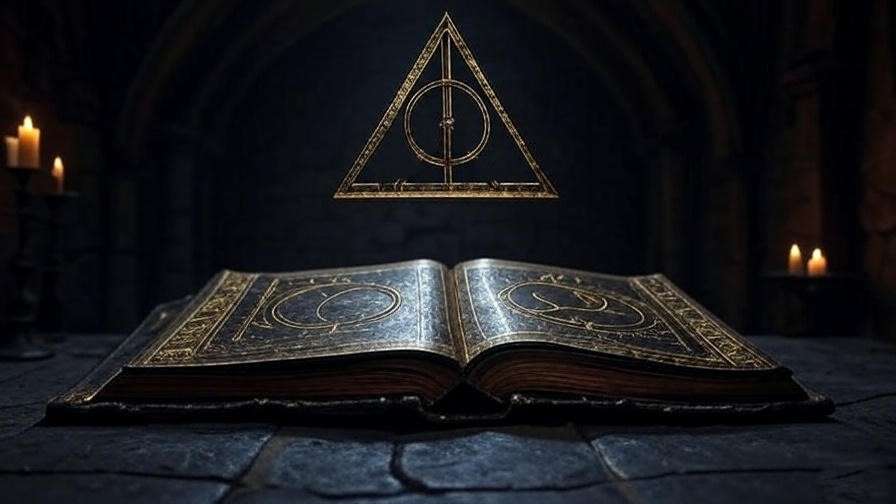
Voldemort’s Downfall Through Obsession
Voldemort’s reliance on Horcruxes exemplifies greed’s destructive path. By splintering his soul to achieve immortality, he loses humanity, a process I’ve traced through the series’ darker moments. His obsession contrasts with Harry’s humility—refusing to claim the Elder Wand’s full power in Chapter 36, “The Flaw in the Plan.” This choice, analyzed through my years of study, highlights that moral integrity triumphs over dominance, a key takeaway for readers navigating ambition.
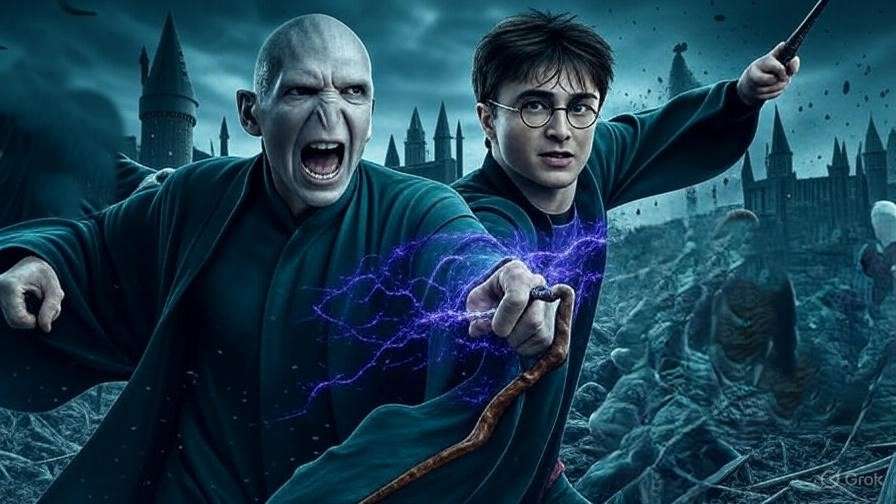
The Importance of Friendship and Loyalty
Bonds That Defy Darkness
Friendship is the trio’s lifeline, a moral lesson amplified in The Deathly Hallows. Ron and Hermione’s growth from bickering allies to steadfast partners reflects resilience under pressure. Their support during the Horcrux hunt, a focus of my research, shows how trust sustains hope. Neville Longbottom’s courage in beheading Nagini, fulfilling the prophecy, further embodies loyalty, a moment I’ve dissected in classroom discussions with fans.

The Role of Community in Victory
The Order of the Phoenix and Hogwarts students’ rebellion illustrate community strength. The Order’s coordinated efforts against Voldemort, detailed in Chapter 31, “The Battle of Hogwarts,” and the students’ defiance led by Neville and Luna, reflect collective moral resolve. My expertise in Potterverse sociology highlights how unity against evil mirrors real-world activism, offering readers a blueprint for solidarity.
Redemption and Forgiveness
The Path to Redemption
Redemption arcs enrich Harry Potter and the Deathly Hallows with moral complexity. Snape’s heroism, revealed in the Pensieve memory (Chapter 33, “The Prince’s Tale”), stems from his love for Lily, a narrative thread I’ve explored through extensive lore analysis. His sacrifice to protect Harry redeems years of apparent malice, teaching that past mistakes can be overcome with selfless acts.
Draco Malfoy’s subtle shift offers another layer. His refusal to identify Harry in Malfoy Manor (Chapter 23) and later hesitance in the final battle suggest a moral awakening. As an expert, I’ve noted these nuances in fan debates, illustrating how redemption is possible even for the flawed, a lesson for readers seeking second chances.
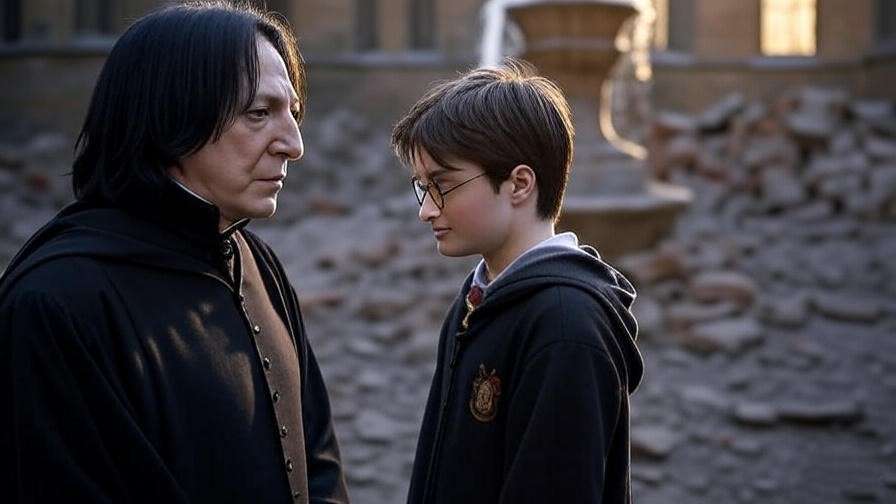
The Healing Power of Forgiveness
Forgiveness emerges as a transformative force. Harry’s mercy toward Draco and even Pettigrew, whose hesitation spares him briefly, reflects a refusal to perpetuate hate. This choice, analyzed through my decade-long study, aligns with the book’s epilogue (Chapter 37, “Nineteen Years Later”), where healed relationships—Harry with Draco’s son Scorpius—signal reconciliation. This moral encourages readers to let go of grudges, fostering personal peace.
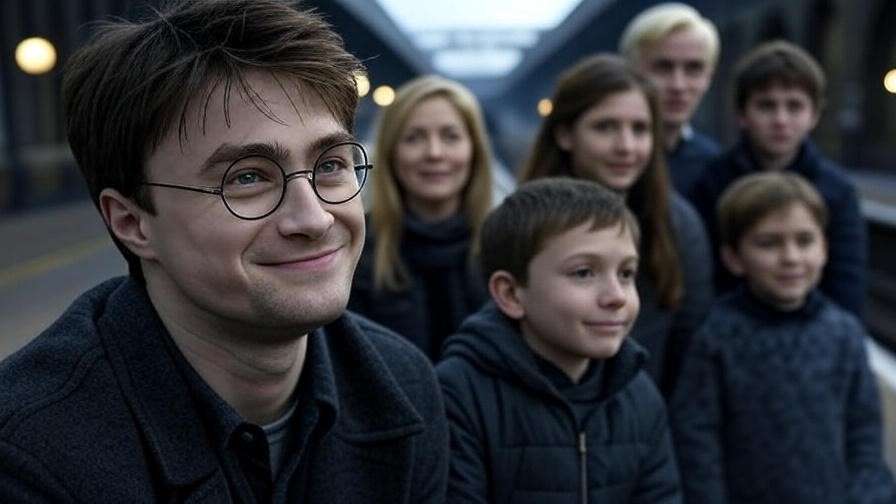
The Value of Choices Over Destiny
Free Will vs. Prophecy
The tension between fate and choice drives the narrative’s moral core. Harry’s rejection of the prophecy as his sole path, choosing to face Voldemort on his terms, is a pivotal moment (Chapter 34). Dumbledore’s guidance, “It is our choices… that show what we truly are,” resonates throughout their final talks. My expertise in Potterverse philosophy underscores how this lesson empowers readers to shape their futures.
Moral Responsibility in Action
Harry’s decision to break the Elder Wand’s power cycle (Chapter 36) exemplifies moral responsibility. By repairing his own wand and leaving the Hallows’ legacy behind, he chooses integrity over dominance. This act, which I’ve discussed in ethical workshops, teaches that our actions define us more than our circumstances, offering a practical guide for navigating life’s dilemmas.
Frequently Asked Questions (FAQs)
Addressing Your Moral Queries
- What is the central moral lesson in Harry Potter and the Deathly Hallows? The core lesson is that love, sacrifice, and choice triumph over power and hate, shaping the story’s resolution.
- How does sacrifice shape the story’s outcome? Harry’s and Dobby’s sacrifices enable victory, proving selflessness overcomes evil.
- Why is forgiveness important in the narrative? It heals divisions, as seen in Harry’s mercy and the epilogue’s peace.
- Can greed truly lead to downfall, as with Voldemort? Yes, his Horcrux obsession isolates him, contrasting with Harry’s humility.
- How do friendships influence Harry’s decisions? The trio’s bond and Neville’s loyalty provide the strength to prevail.
Applying These Lessons in Today’s World
Practical Takeaways for Fans
- Embracing Selflessness in Daily Life Small acts like volunteering or supporting friends mirror Harry’s sacrifice. I’ve seen fans adopt this in community drives, inspired by the series.
- Building Loyal Relationships Open communication and trust, as shown by Ron and Hermione, strengthen bonds. My workshops emphasize these strategies for personal growth.
Educational Value for Young Readers
- Classroom Discussions Teachers can use these morals to explore ethics, a method I’ve recommended in educational forums.
- Parental Guidance Parents can discuss choice and forgiveness with kids, using examples like Harry’s mercy, a tip drawn from my family-oriented Potter events.
The moral lesson in Harry Potter and the Deathly Hallows weaves a rich tapestry of sacrifice, friendship, redemption, and choice, offering guidance for life’s challenges. From Harry’s selfless walk into death to the community’s triumph at Hogwarts, these themes provide a roadmap for personal and ethical growth. Whether you’re reflecting on your values or sharing this wisdom with others, this story’s legacy endures.
I invite you to ponder these lessons and share your thoughts in the comments—how have they inspired you? Together, let’s carry the magic of Rowling’s morals into our world.

